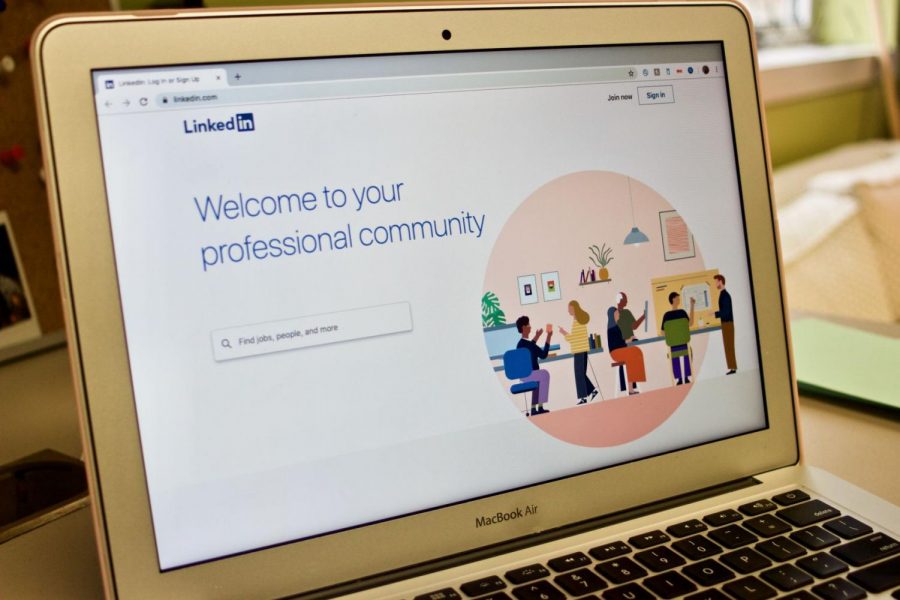LinkedIn Learning will not access student info
Northern Star File Photo
NIU students cam access all the LinkedIn Learning features without giving up any privacy.
October 16, 2019
NIU recently switched from using Lynda.com to LinkedIn Learning, according to the Division of Information Technology website.
“LinkedIn Learning has the same great content, but provides an even more personalized experience,” according to the website.
Students will not have to give up their personal information to access LinkedIn Learning content. For those concerned with online privacy, this is good news.
Some users of LinkedIn Learning require personal information, however, NIU has taken steps to ensure privacy.
“NIU has shared no personal data from any student or employee with Lynda and now LinkedIn,” Marisa Benson, associate vice president and university privacy officer, said. “What we’ve done is allowed NIU Account IDs and passwords to be used for authentication. And there’s no personal data being passed in that authentication exchange.”
NIU made the transition Sept. 16, according to the Division of Information Technology website. The transition from Lynda.com to LinkedIn Learning has raised concerns for some outside organizations and their patrons.
“The requirement for users of LinkedIn Learning to disclose personally identifiable information is completely contrary to [American Library Association] policies addressing library users’ privacy, and it may violate some states’ library confidentiality laws,” according to a July 22 American Library Association news release.
While privacy concerns might be an issue for library patrons who must create LinkedIn profiles to access content, most college students around the country won’t have to bother with creating a LinkedIn account to access LinkedIn Learning videos.
“The change will not impact most colleges and university libraries or corporate users of Lynda.com services, who will not be required to force users to set up a LinkedIn profile,” according to a July 23 EdSurge article.
LinkedIn bought Lynda.com in 2015 for $1.5 billion, and Microsoft bought LinkedIn in 2016 for $26.2 billion, the largest purchase in Microsoft history, according to a June 2016 Wall Street Journal article.
Microsoft, along with the other big tech companies, has recently been under fire because of privacy concerns among its users. Privacy concerns stem from tech companies selling access to user information to data brokers without clear and direct consent. This is an obvious breach of individual privacy.
“In the end [technology] companies may attempt to draw legal differences between ‘selling data’ and ‘selling access’… but the reality is that the general public sees all of these monetization behaviors as the same exploitation of their personal privacy for monetary gain,” according to a Dec. 2018 Forbes article.







